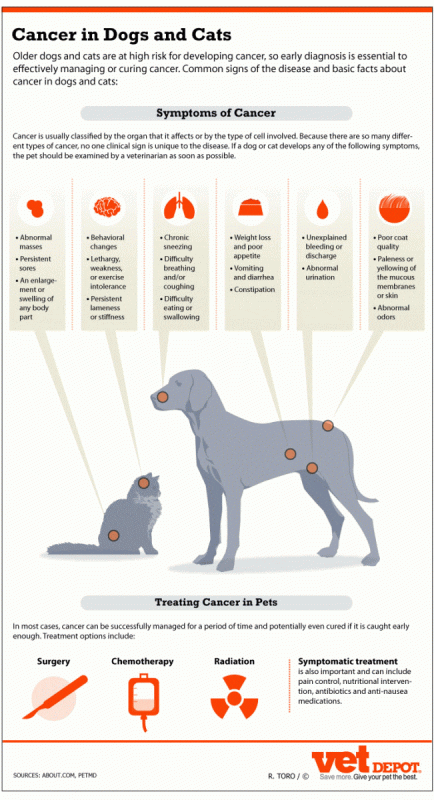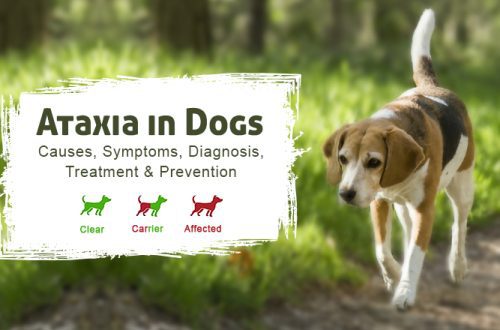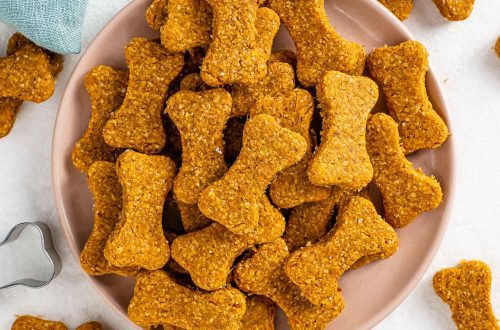
Cancer in Dogs: Causes, Diagnosis and Treatment
What causes cancer?
Your dog is similar to you in many ways. You both need proper nutrition and exercise to stay active and healthy. The bad news: dogs, like humans, can develop cancer. The good news is that cancer in dogs can be treated just like in humans.
Cancer usually arises from a single cell that has undergone a series of genetic mutations. Many environmental factors can cause changes in cells – viruses, chemicals, radiation, ionizing radiation, and some hormones. The effects of exposure to many of these factors accumulate over the course of a lifetime, which may explain why many cancers affect middle-aged and older dogs.
To help prevent cancer, be aware of your dog’s risks so you can take the necessary steps to keep him healthy.
Risk factors for cancer in dogs include:
- Age – The longer dogs live, the more likely they are to develop malignant cancer.
- Breed and Size – Some cancers are more common in certain breeds, such as the German Shepherd, Scottish Terrier, and Golden Retriever. Some bone tumors are more common in dogs weighing over 20 kg.
- Gender – Some cancers are more common in one sex than the other, such as breast tumors in female dogs.
- Environment – Exposure to chemicals such as pesticides or herbicides can contribute to the development of cancer.
Does my dog have cancer?
Your veterinarian may need to run several tests to establish a diagnosis, find out which organs are affected, and determine what treatment is best for your dog. Signs of cancer may include:
- An abnormal tumor that grows or persists.
- Rapid or excessive weight loss.
- Persistent and non-healing ulcers.
- Significant change in appetite.
- Chronic bleeding or discharge from the mouth, nose, ears, or anus.
- Unpleasant smell.
- Difficulty swallowing or eating.
Other common symptoms are lack of interest in exercise, reduced stamina, persistent lameness or stiffness, difficulty breathing, and difficulty going to the toilet.
Treatment and the importance of proper nutrition
Early detection of cancer is the single most important factor in successful treatment. Many types of illness can be treated with chemotherapy, which can reduce the severity of clinical symptoms and improve a dog’s quality of life. Many debilitated animals and those who have undergone surgery will benefit from a high protein diet to help correct nutritional deficiencies and replenish nutrient stores in the body. The main goal of dietary nutrition in cancer is to measurably improve the success of treatment, prolong survival time and improve the quality of life of animals with cancer at any stage.
The health of a dog and its condition in general largely depend on the food that it eats. A balanced diet is an essential part of an active, healthy lifestyle. If your dog has cancer, feeding him the right food on a regular basis is even more important. For an accurate diagnosis and treatment options, always consult your veterinarian and ask them to recommend the best food to support your dog with cancer.
Canine Cancer Questions to Ask Your Veterinarian
1. What are my dog’s cancer treatment options?
- Ask how the meals fit in with other options available.
2. Should nutrition be included in my dog’s treatment program? Would you recommend Hill’s Prescription Diet to support my dog’s cancer condition?
- What if I have multiple dogs? Can I feed them all the same food?
- How can nutrition help? What are the benefits of dieting as part of a treatment that may include pills, injections, or chemotherapy?
- What are the pros and cons of using nutrition to keep my dog healthy with cancer?
3. How long do I need to feed my dog the recommended food?
- Ask how diet foods can help keep your dog healthy with cancer.
4. What is the best way to contact you or your clinic if I have questions (email/phone)?
- Ask if you will need to come back for a follow-up appointment.
- Ask if you will receive a notification or email reminder of this.





